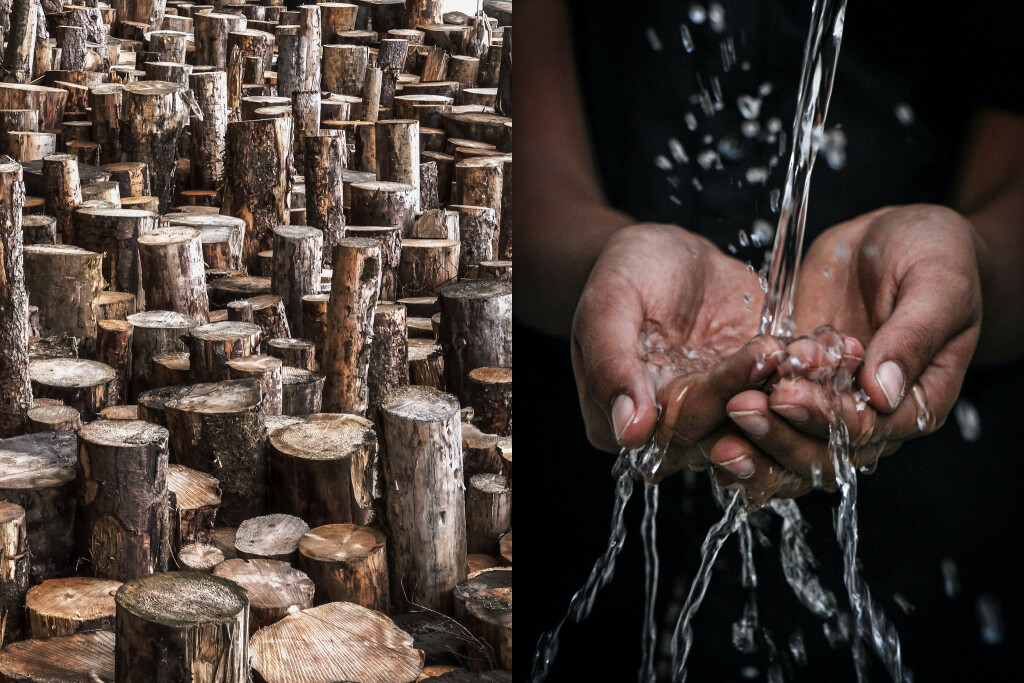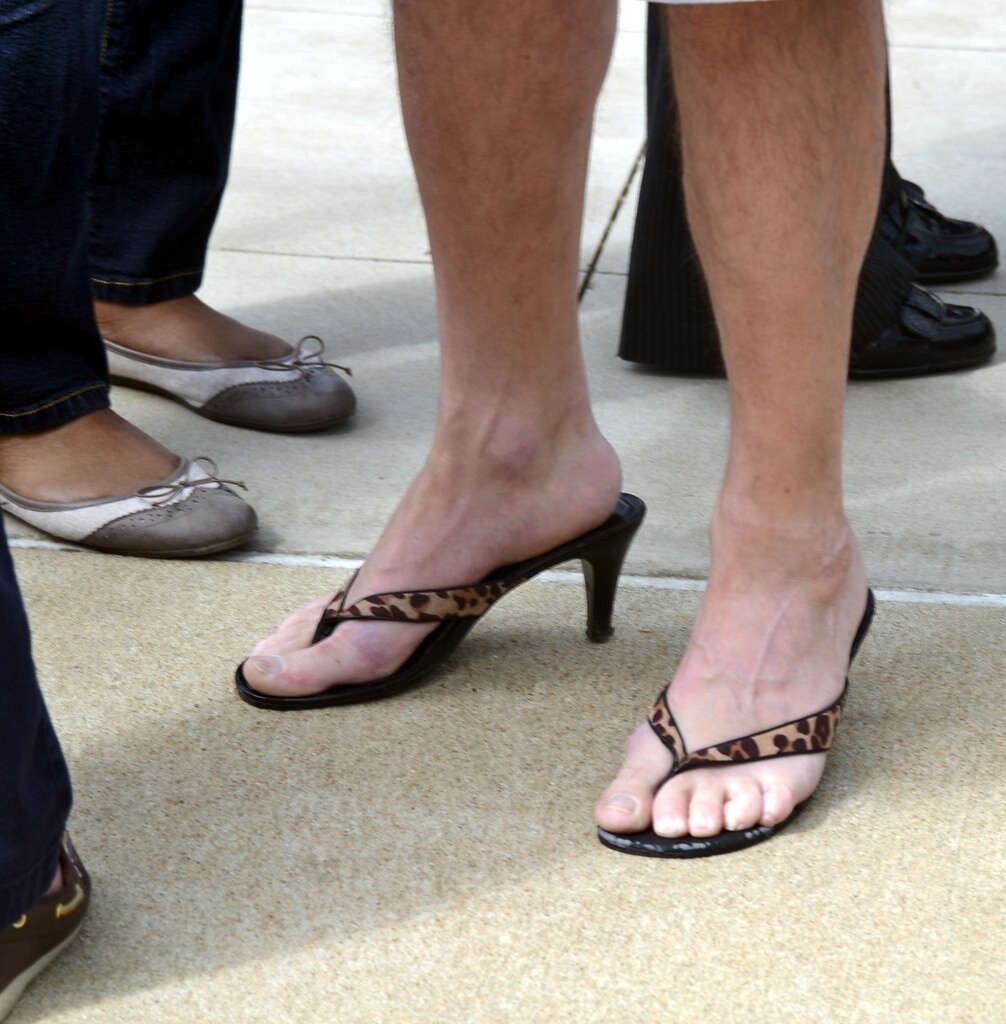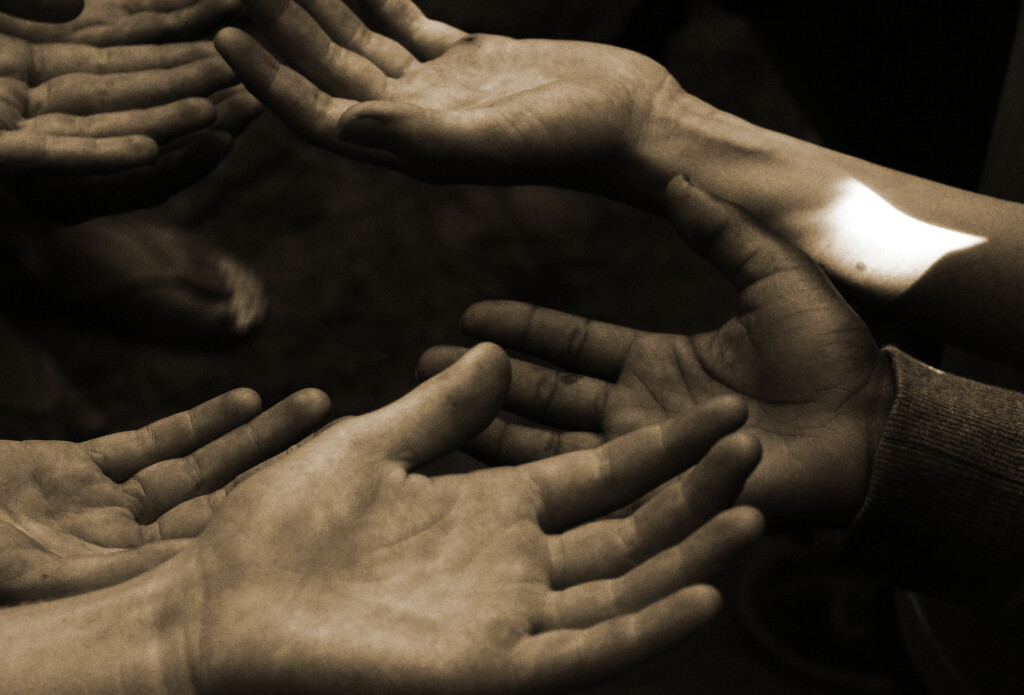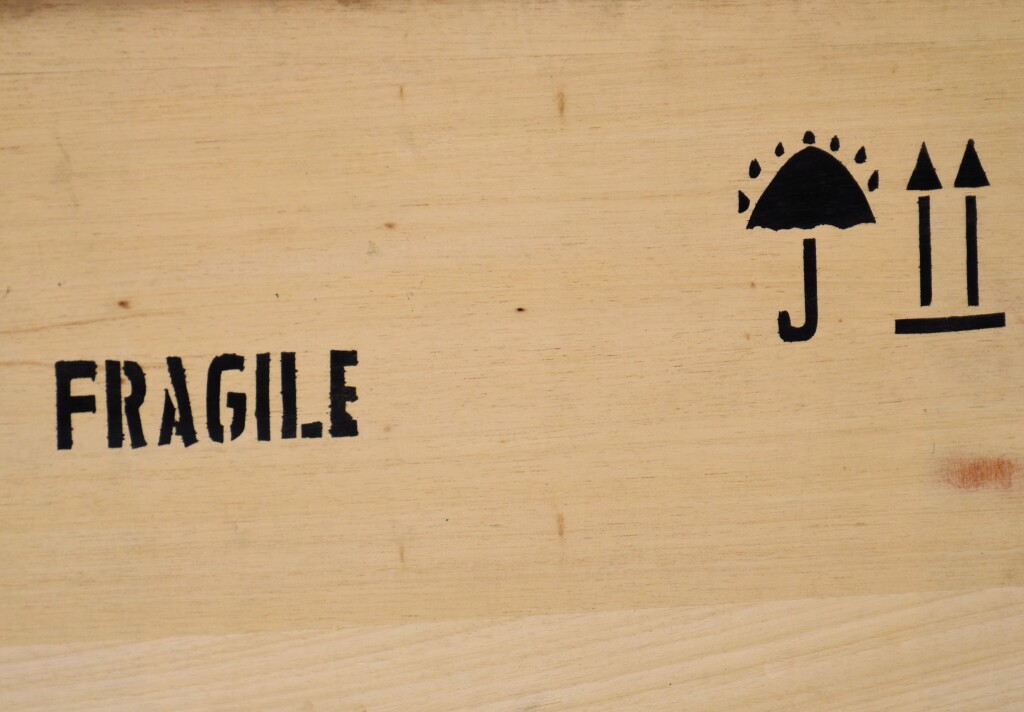Parashat Ha’azinu/V’zot Ha-brakhah/Sukkot
Deuteronomy 32:1-32:52
During these days of Teshuvah – returning, I wish to return to one startling statement found in Moses’s final song, Ha’azinu. Moses speaks God’s words: “I have wounded, and I will heal, for none can save from My Hand.” (Deut. 32:39) I continue to be struck by the paradoxical implication of the verse – “I will heal – and no one can stop Me!” – as if anyone would want to stop God from healing!







